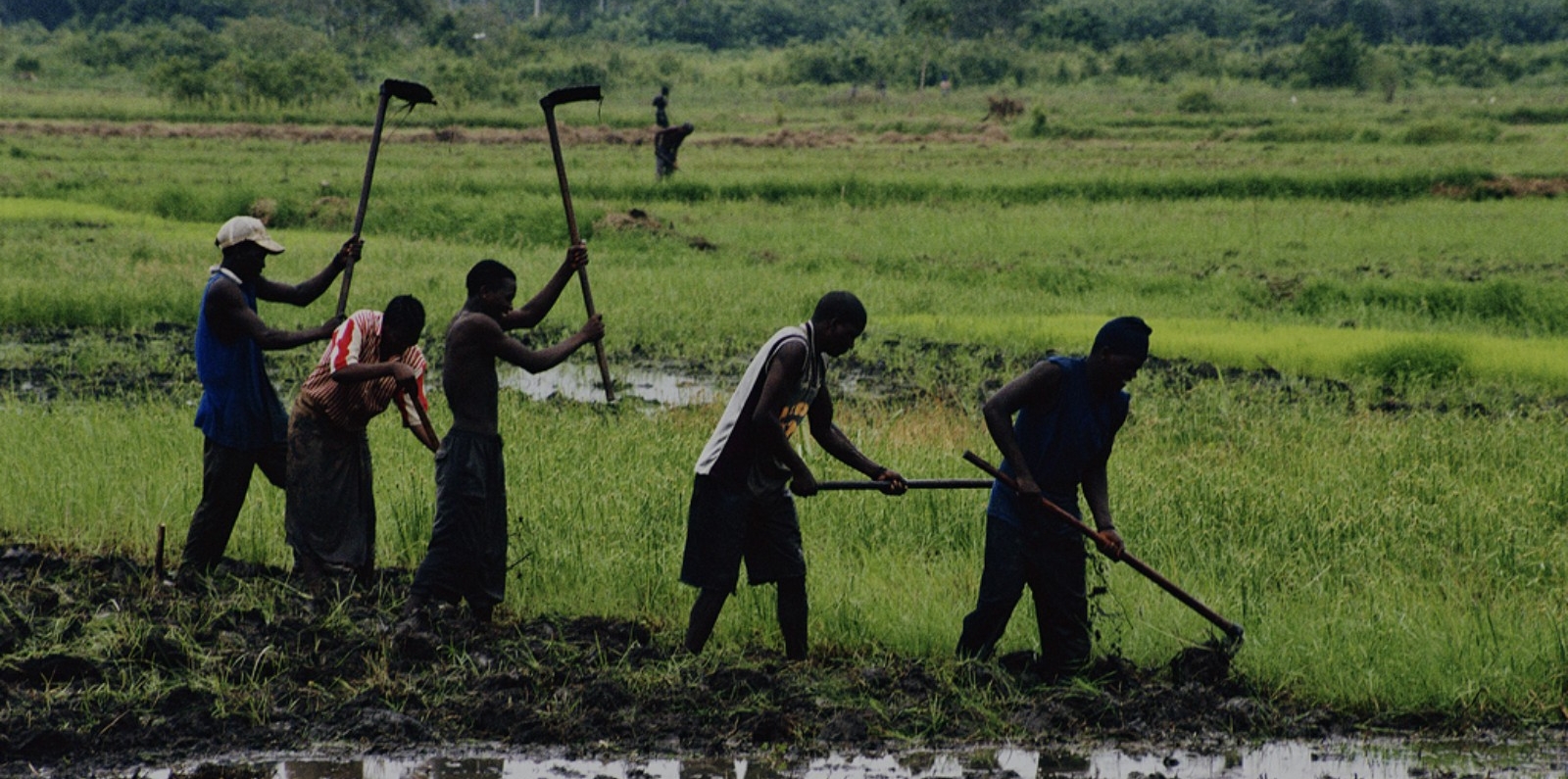About the Project
In Tanzania, the agricultural sector is a key driver of social and economic development, generating 25% of GDP, 24% of exports, and employing over 75% of the population – particularly in rural areas where poverty and food insecurity are highly concentrated. Smallholder farming is characterized by the use of rudimentary tools like the hand hoe and is reliant on traditional rain-fed cropping methods and animal husbandry. Food is the principal sub-sector, dominated by smallholder subsistence farmers with 0.2 to 2.0 hectares who utilize 80% of the cultivated arable land to produce both food and cash crops. However, most farmers can only produce one crop a year because of poor irrigation infrastructure and water management.
ERPP increases rice production and marketing in targeted areas of Morogoro on the Tanzanian mainland and on Zanzibar, leading to improved rural incomes and food security, and contributing to climate change adaptation by supporting improved irrigation and water management systems. To do this, the project carries out activities to ensure sustainable seed systems, improve crop productivity through better irrigation and crop management, employ innovative marketing strategies, efforts to manage the irrigation scheme as a block, facilitate the bulk purchase of inputs, and coordinate crop sales through a warehousing program. Further, the project promotes improved water use efficiency in irrigated rice production by supporting the System of Rice Intensification, which can reduce water use by up to 50 percent; supports provisions of marketing infrastructure and strengthening market linkages and information; and trains farmers on paddy post-harvest activities and marketing. Project monitoring systems evaluate the participation of female farmers in the targeted irrigation schemes and ensure that women do not lose access to land when productivity and incomes rise.
Country
- Tanzania
Project Status
ClosedFunding
Country-led projectSupervising entity
- World Bank
Call Year
2012GAFSP Funding Amount
22.90Results
As of December 2020, the project has benefitted 41,485 people, surpassing the end-of-project target of 30,000, of which 51 percent are women. ERPP has made notable progress toward completing its objectives activities, showing significant recovery from the beginning of 2020. For example, the number of completed construction sites rose from two of 20 to 17 in late November 2020, and by January 15, 2021 two additional certificates of practical completion have been issued making a total of 19 sites completed. Also, the project has provided 2,867 water users and 271.2 hectares of land with new/improved/rehabilitated irrigation and drainage services, and 32,070 farmers have adopted the technology the project has promoted.
Many of ERPP’s activities are complete, particularly those under the sustainable seeds systems, improving crop productivity through better irrigation and crop management, and warehouses and their associated structures components. Under sustainable seeds systems, 840 farmers participated in seed demonstration plots to test 10 varieties of rice; 1,140 farmers participated in exchange visits and farmers field days in Zanzibar, with more reached on the Mainland; production of pre-basic seeds and basic seeds exceeded targets; and two seed laboratories in Zanzibar and the Mainland are complete and operational. Under improving crop productivity through better irrigation and crop management, the project rehabilitated all nine irrigation schemes in Zanzibar, introduced a pipe supply system in seven of Zanzibar’s schemes, completed four of the five schemes on the Mainland, and trained farmers and extension officers in all 14 schemes on irrigation scheme management. Under warehouses and their associated structures, ERPP completed five (office space, bathroom, water and electricity supply), which are now operational and trained 2,244 farmers (1,199 men, 1,045 women) and 75 extension staff (52 men, 23 women) from 40 irrigation schemes on rice pre- and post-harvest management and 140 farmers and 20 extension officers from 20 irrigation schemes on warehouse management and operations.
Contact
Emma Isinika Modamba
Lead Task Team Leader and Senior Agriculture Economist
eisinika@worldbank.org
Pierre-Olivier Colleye
Task Team Leader & Senior Microfinance Specialist
pcolleye@worldbank.org Tel.1 (202) 473-5039
